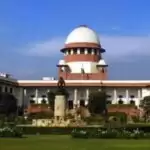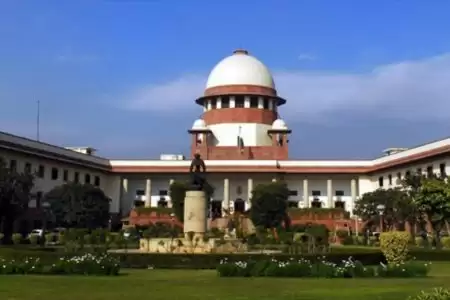
The Central Board of Secondary Education (CBSE) has asked the Supreme Court not to reconsider the Class 12 evaluation policy since doing so now will result in all Class 12 students’ scores being revised. In an affidavit filed today, CBSE stated that the petitioners misinterpreted the assessment policy. Furthermore, CBSE stated that colleges have virtually finished their admissions processes based on Class 12 scores and that changing the evaluation criteria will cause uncertainty. After a week, the issue will be heard again, and petitioners will be asked to file replies based on CBSE’s affidavit.
Read also: 31,172 CBSE, 2,365 Kerala Board students secure admission in DU
Students have claimed that their schools have failed to analyze their results according to the Court-approved 30:30:40 methodology and that CBSE has failed to address their concerns appropriately. Petitions submitted by students who are dissatisfied with their grades due to their school’s bad performance in the past. The petitions demand that a school’s bad prior performance not be factored into the evaluation policy’s final ratings. The petitioners further alleged that the CBSE had not appropriately addressed their complaint.
The CBSE further stated in its brief requesting the Supreme Court not to review the assessment criteria that the chart given by the petitioners was based on a misreading of the evaluation policy since it examined real student achievement rather than the school’s prior success. Due to Covid-19, the Class 12 examinations were canceled this year, and an alternate evaluation procedure was developed. Students were graded on a 30:30:40 scale depending on their achievement in Classes 10, 11, and 12. The total marks granted must be consistent with the school’s previous performance in Class XII Board examinations.
Read also: CBSE Class 12 pvt, ‘patrachar’ students can seek provisional admission: SC
The guideline also called for adjusting final grades depending on the school’s past performance by using the best overall result in the prior three Board examinations. The petitioners presented the court with a chart in which they compared their scores after calculating them using the 30:30:40 technique to the final marks given by CBSE. When the scores were moderated based on the school’s historical performance, one of the petitioners who scored 91.27 percent received 66 percent, demonstrating a variation of almost 25%. After the school’s performance was taken into account, another petitioner who got 85.4 percent ended up with 54 percent, a difference of almost 31%.

